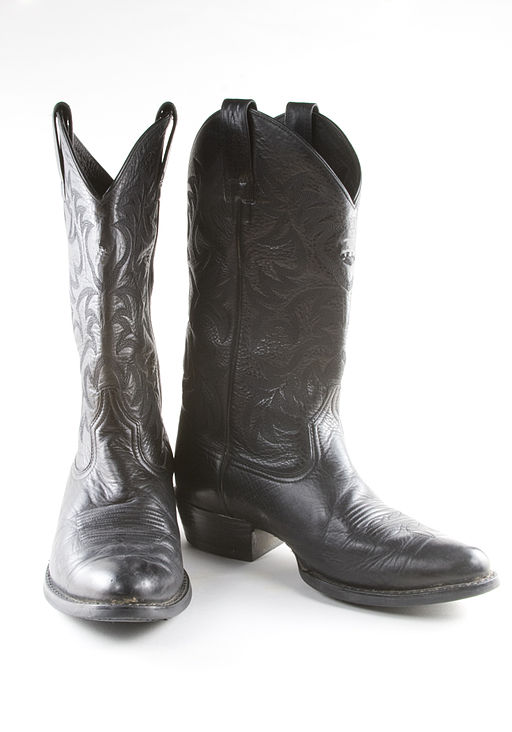What does your reader's eye behold?
 Friday, October 4, 2013 at 7:46AM
Friday, October 4, 2013 at 7:46AM  In The Canterbury Tales the Wife of Bath lectures on gentility: “To do the gentil dedes that he kan; taak hym for the grettest gentil man.” (Gentility in Middle English meant nobility of character, refinement.) Over the centuries this morphed into the homily handsome is as handsome does, which first appeared in Oliver Goldsmith’s novel The Vicar of Wakefield (1776).
In The Canterbury Tales the Wife of Bath lectures on gentility: “To do the gentil dedes that he kan; taak hym for the grettest gentil man.” (Gentility in Middle English meant nobility of character, refinement.) Over the centuries this morphed into the homily handsome is as handsome does, which first appeared in Oliver Goldsmith’s novel The Vicar of Wakefield (1776).
Word count: 386 Reading time: 1-2 minutes
Stephen King says Description begins in the writer’s imagination, but should finish in the reader's. It’s the writer’s job to make the reader feel the heat of attraction. Flat adjectives like handsome, beautiful, sexy, lovely mean the writer is making the reader do his job.
The day my husband and I met, I carried my own scuba gear – all eighty pounds of it – to and from the beach. It never occurred to me to ask for help because my usual dive buddies didn’t offer it. My husband had only dived with women who thought he was there to make their experiences easier. Then he met me: I drove myself to the dive site, unloaded my own gear, and dived in the frigid water of the Pacific Northwest in a forty-pound dry suit. Where other men might have seen someone unappealingly independent, my husband saw the most attractive woman he’d met in months. How lucky we found each other.
So if a character finds another sexy and attractive, I want to know why. The reasons say as much about the attractee as they do the attractor. Does the hair on his neck stand up when he hears her low throaty voice? Does she have a foot fetish and adores him in Blundstones?
Like so many rules of craft, it’s simple in principle and much, much harder in execution. Here are some points that I try to remember:
- If food is delicious, will the reader’s mouth water?
- If the character is crying, is the reader’s heart breaking?
- If the character is beautiful, is the reader captivated?
- If a fire is burning, can the reader smell the smoke?
- If someone is singing, can the reader hear the tone of the voice?
- If a character picks up a cold drink does the reader feel the sweat of the glass?
How do you draw a reader into your world?
***
Pictures from Wikimedia Commons: Four Great Beauties by Xi Shi, Wang Zhaojun, Diaochan, Yang Guifei
 Canterbury Tales,
Canterbury Tales,  Chaucer,
Chaucer,  Diaochan,
Diaochan,  Four Great Beauties,
Four Great Beauties,  Oliver Goldsmith,
Oliver Goldsmith,  Stephen King,
Stephen King,  The Vicar of Wakefield,
The Vicar of Wakefield,  Wang Zhaojun,
Wang Zhaojun,  Xi Shi,
Xi Shi,  Yang Guifei,
Yang Guifei,  description in fiction,
description in fiction,  handsome is as handsome does in
handsome is as handsome does in  Senses in fiction,
Senses in fiction,  Writers as entertainers,
Writers as entertainers,  Writers as observers,
Writers as observers,  Writing fiction,
Writing fiction,  Young Writers' Club
Young Writers' Club 


